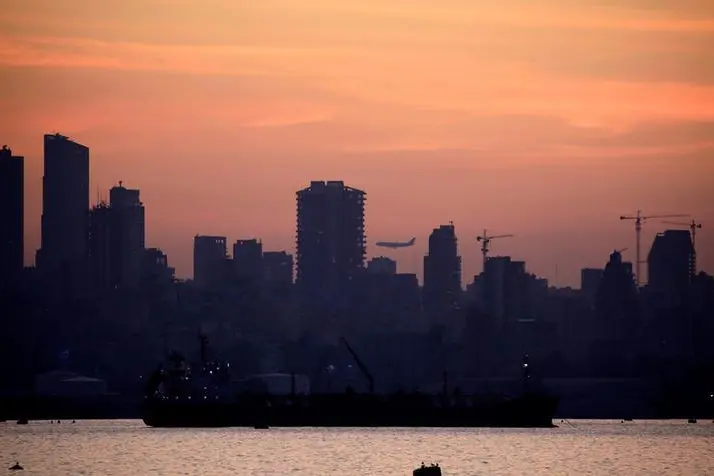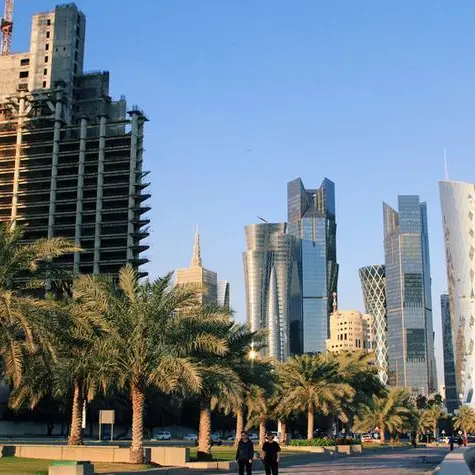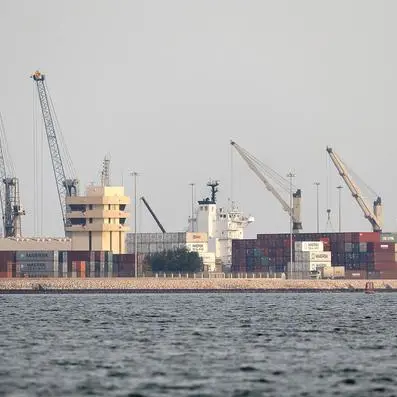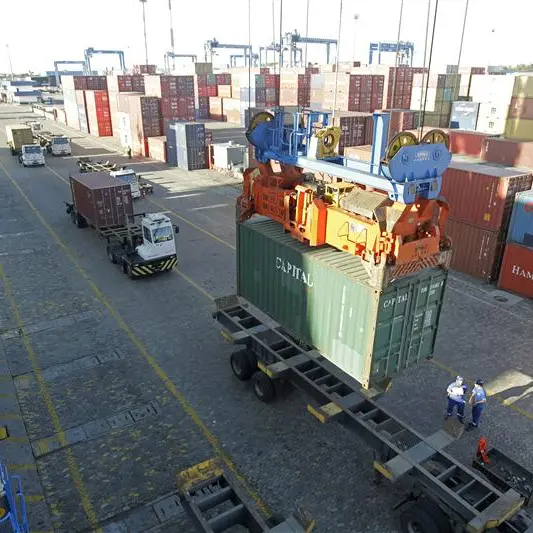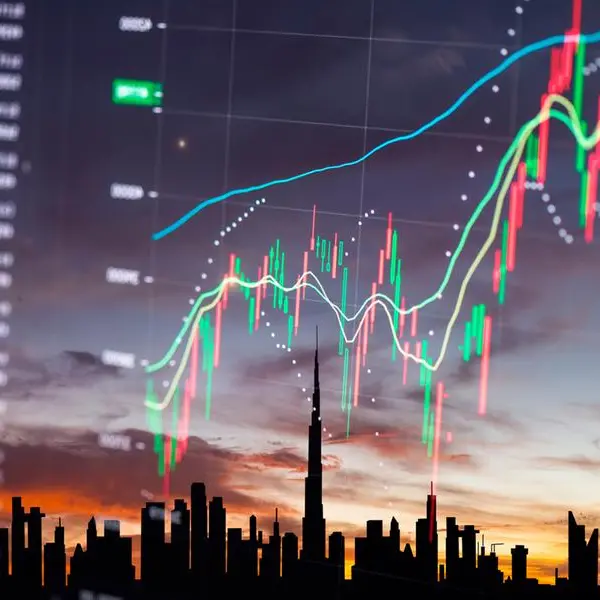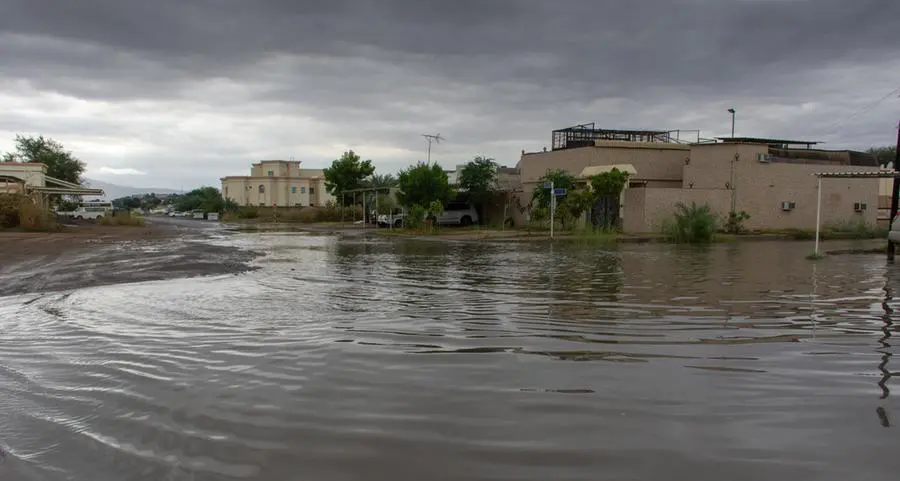PHOTO
Lebanon’s economic downturn is unlikely to improve in 2021 as its GDP is set to contract by 10 percent this year, according to Capital Economics, a London-based consultancy.
“A severe COVID-19 outbreak has added to the long list of troubles in Lebanon and, given renewed social unrest and the fact that talks with both the IMF and international creditors are at a standstill, it is likely that economic conditions will remain dire over the coming months,” said MENA Economist, James Swanston in a report.
Lebanon is beset by a severe economic, political and humanitarian crisis. In March last year, the government defaulted on its Eurobond debts. And in August the blast at the Port of Beirut resulted in the deaths of 204 people and a further 6,500 injured. The blast led to the resignation of the government and a new administration has yet to be formed by Prime Minister-designate Saad Hariri.
The coronavirus outbreak is straining its already stretched health sector and reports suggest that hospitals are operating far beyond their capacity and running out of resources to treat patients. The vaccine roll out has only just begun and is likely to be slow-going as supply remains constrained.
The central bank, Banque du Liban’s (BdL) coincident indicator, which shows the current status of the economy, points to GDP contracting by around 30 percent in 2020.
Hassan Diab, the caretaker PM, had previously outlined plans to turn to the IMF for financial assistance to help arrest Lebanon’s economic malaise. However, talks with Lebanon’s creditors over a debt restructuring, which is ultimately needed before Lebanon can secure an IMF deal, have been at a standstill for the best part of a year and were formally put on pause after the government resigned in August.
IMF has also demanded a full audit of Banque du Liban following the Swiss- and locally-led investigations into its operations. Reports suggest that BdL had failed to ensure that foreign exchange was being used for intended purposes and was possibly embezzled.
“Until a debt restructuring is agreed and the authorities allow the BdL to be audited, an IMF deal will not be forthcoming and the rapid depletion of FX reserves will continue,” the report noted.
Another worrying aspect of the crisis is the prospect of wave of local bank failures. Over the past year or so, banks have suffered from a large withdrawal of deposits – since their peak in late 2018, total deposits in the non-financial sector are down by 20 percent.
“The breakdown of deposits shows that remaining depositors are converting their term deposits (those which cannot be withdrawn immediately on request) into more liquid demand deposits. This would suggest that there is a growing demand by depositors to get money out of the banking system as soon as possible.”
As well as deposit outflows, the economic downturn will have almost certainly resulted in a rise in bad loans – in Q1 2020, non-performing loans as a share of total loans had risen to a record high of 20.3 percent. And banks also face incurring losses on their holdings of government debt – banks hold a third of the total debt pile (the total amounts to170 percent of GDP.)
Against this backdrop, BdL instructed banks to raise capital buffers by 20 percent by the end of this month. Some banks have managed to secure additional capital from investors and sold off foreign subsidiaries to try to meet the target. But the latest reports suggest that less than a half of banks are on target, the report noted.
(Writing by Brinda Darasha; editing by Seban Scaria)
Disclaimer: This article is provided for informational purposes only. The content does not provide tax, legal or investment advice or opinion regarding the suitability, value or profitability of any particular security, portfolio or investment strategy. Read our full disclaimer policy here.
© ZAWYA 2021